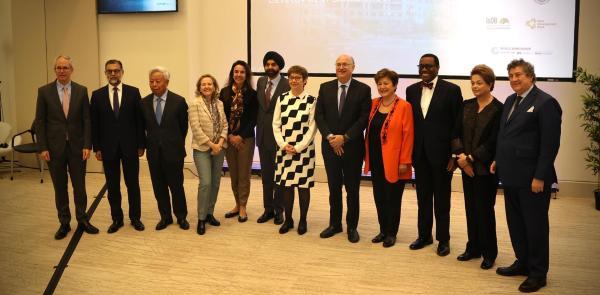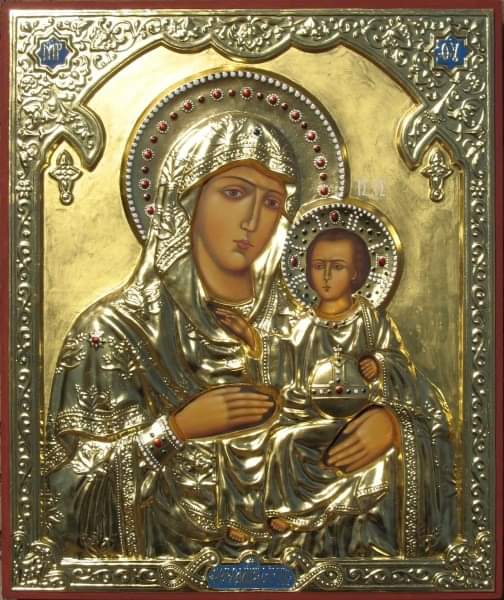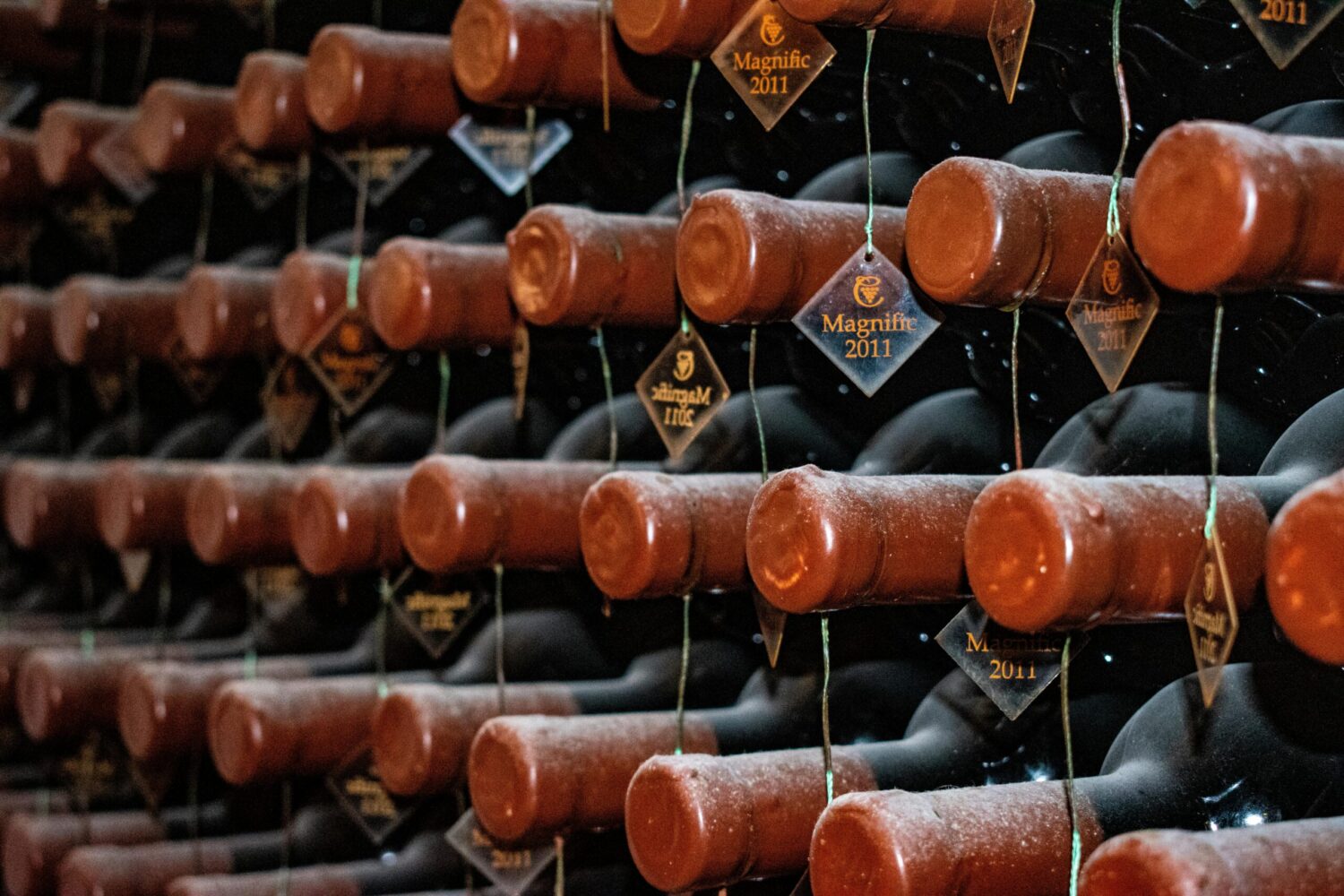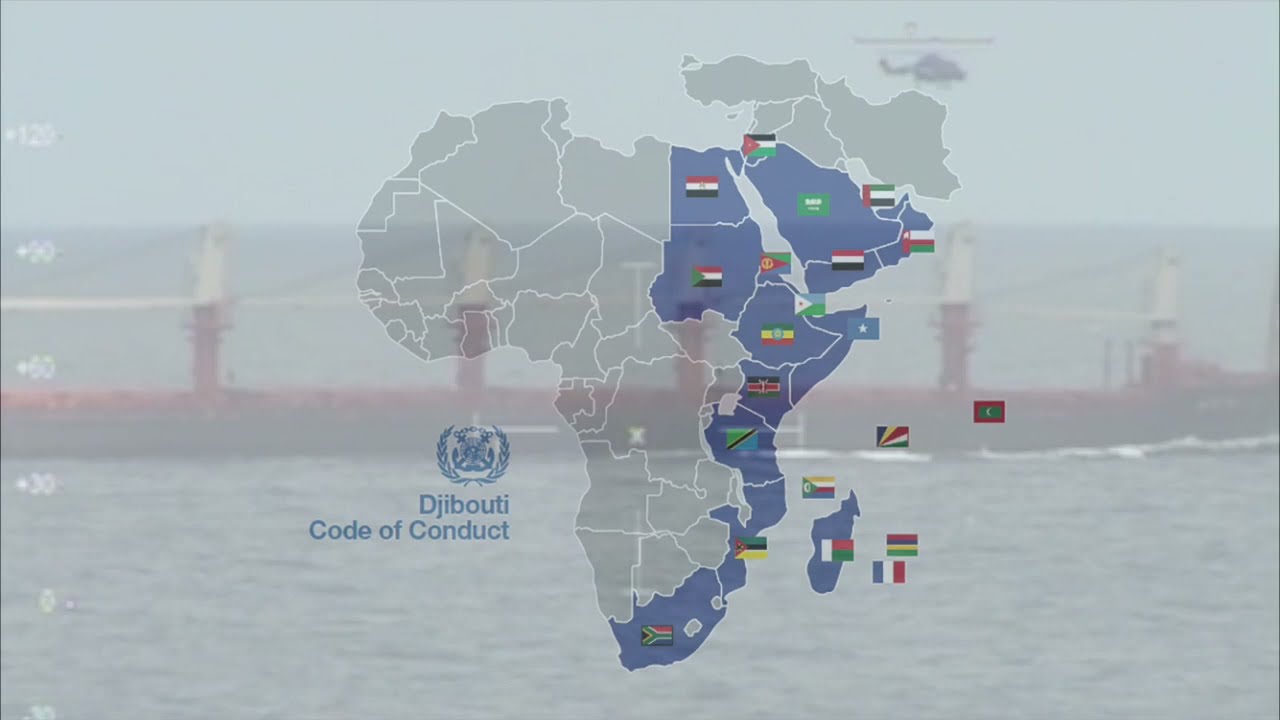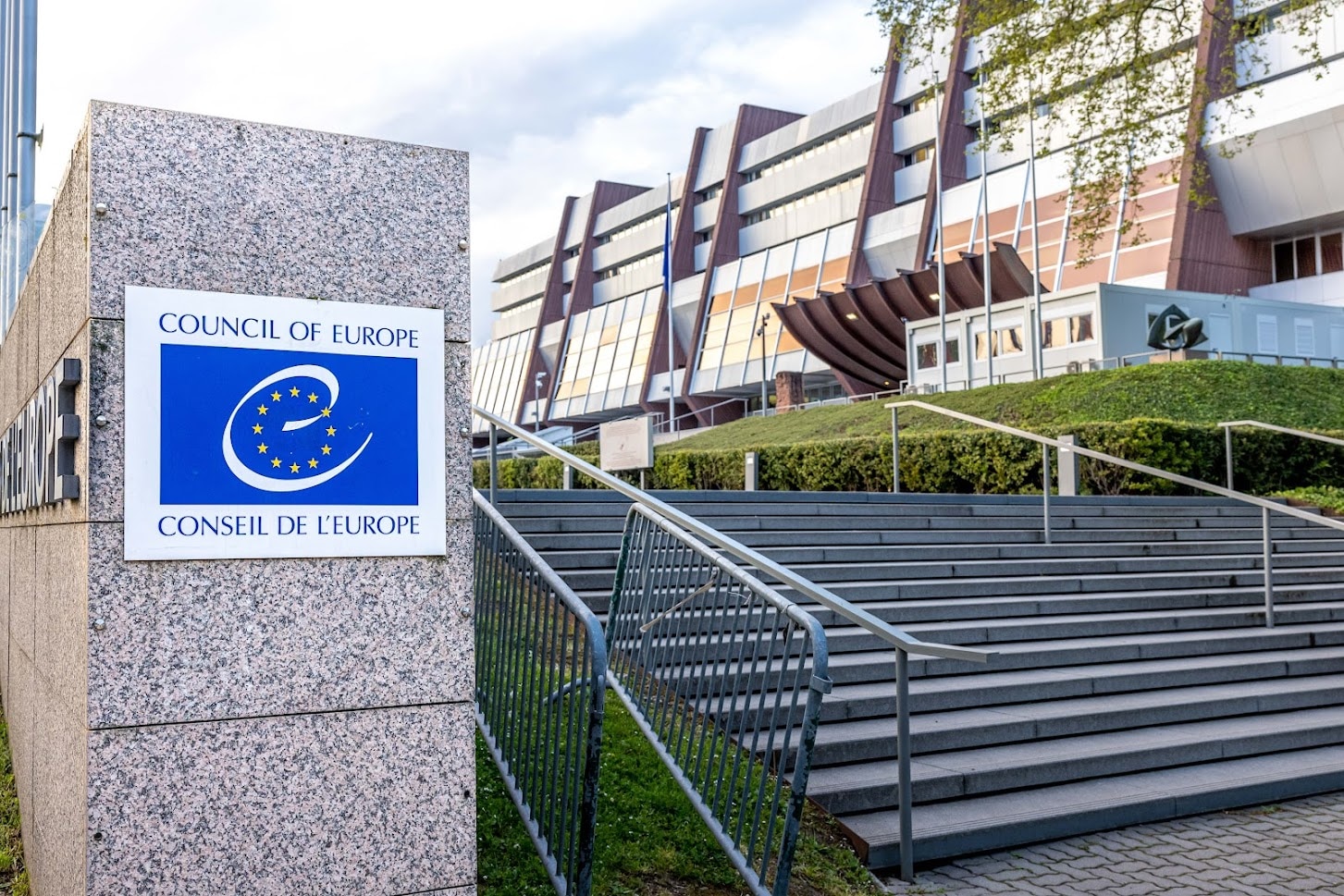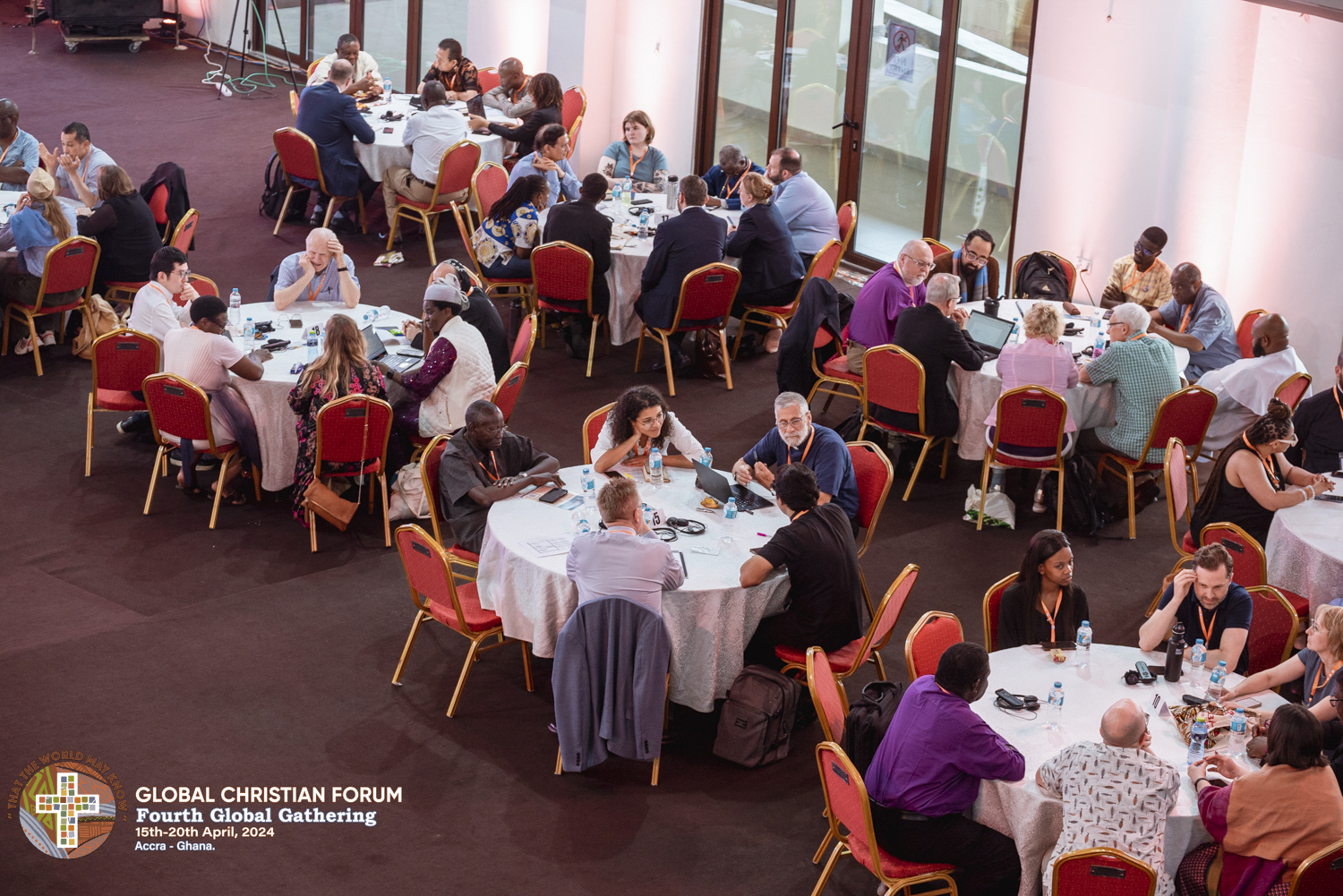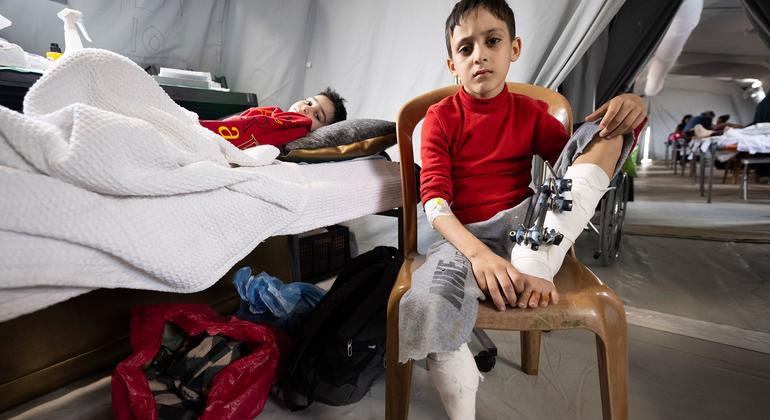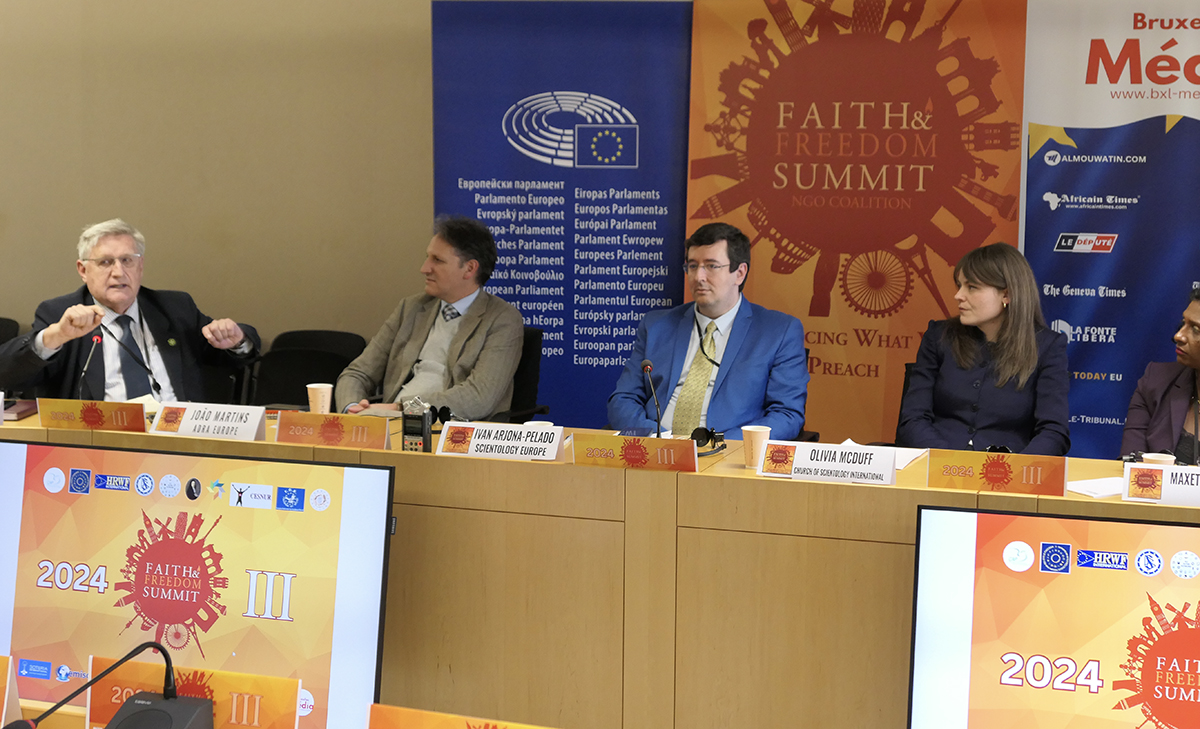The leaders of 10 multilateral development banks (MDBs) today announced joint steps to work more effectively as a system and increase the impact and scale of their work to tackle urgent development challenges.
In a Viewpoint Note, the leaders outlined key deliverables for joint and coordinated action in 2024 and beyond building on the progress since their Marrakesh statement in 2023, as their institutions work to accelerate progress toward the Sustainable Development Goals (SDGs) and to better support clients in addressing regional and global challenges.
Published at the conclusion of a retreat hosted by the Inter-American Development Bank (IDB), which holds the rotating chair of the MDB Heads Group, the actions represent the strengthened collaboration amongst MDBs. The Note will also serve as a valuable contribution for the forthcoming G20 Roadmap to evolve MDBs into a “better, bigger and more effective” system and in other fora.
The MDB Heads committed to concrete and actionable deliverables in five critical areas:
1. Scaling up MDB financing capacity. MDBs expect to generate additional lending headroom in the order of $300-400 billion over the next decade, with the support of shareholders and partners. Actions include:
- Offering a diverse set of innovative financial instruments to shareholders, development partners and capital markets, including hybrid-capital and risk-transfer instruments, and promoting the channeling of the IMF’s Special Drawing Rights (SDRs) through MDBs.
- Providing more clarity on callable capital which would help rating agencies better assess the value of callable capital.
- Continuing to implement and report on the G20 Capital Adequacy Framework (CAF) Review recommendations and related reforms.
2. Boosting joint action on climate change. MDBs are increasing their common engagement on climate. Actions include:
- Delivering the first common approach to measuring climate results on adaptation and mitigation.
- Continuing to align operations to the goals of the Paris Agreement and to jointly report on climate financing, as well as engaging in the UN-led process towards a new collective goal on climate finance.
- Continuing to support and improve early-warning systems for natural disasters.
3. Strengthening country-level collaboration and co-financing. MDBs are engaged in discussions and supporting country-owned and country-led platforms to make it easier for countries to work with the banks. Actions include:
- Assessing proposals on country-led and country-owned platforms, towards a common understanding and next steps, including for some MDBs to implement platforms.
- Continue harmonizing procurement practices, including by relying on each other’s procurement policies to reduce transaction costs and increase efficiency and sustainability.
- Accelerating co-financing of public-sector projects through the newly launched Collaborative Co-Financing Portal.
4. Catalyzing private-sector mobilization. MDBs are committed to scaling up private-sector financing for development goals, including by pursuing innovative approaches and financial instruments. Actions include:
- Scaling up local-currency lending and foreign-exchange hedging solutions to boost private investment. MDBs are working to identify scalable approaches.
- Expanding the type and disaggregation of the statistics that MDBs and Development Finance Institutions (DFIs) release through the Global Emerging Markets Risk Database (GEMs) Consortium, supporting investors to better assess investment risks and opportunities.
5. Enhancing development effectiveness and impact. MDBs agreed to heighten the focus on the impact of their work. Actions include:
- Increasing collaboration on joint impact evaluations, including by sharing approaches to monitoring and assessing impact, and pursuing harmonization initiatives where useful.
- Taking stock of the key performance indicators (KPIs) on nature and biodiversity that are currently in use and explore the feasibility of alignment of some indicators ahead of COP30 in 2025.
For more details see the Viewpoint Note.



